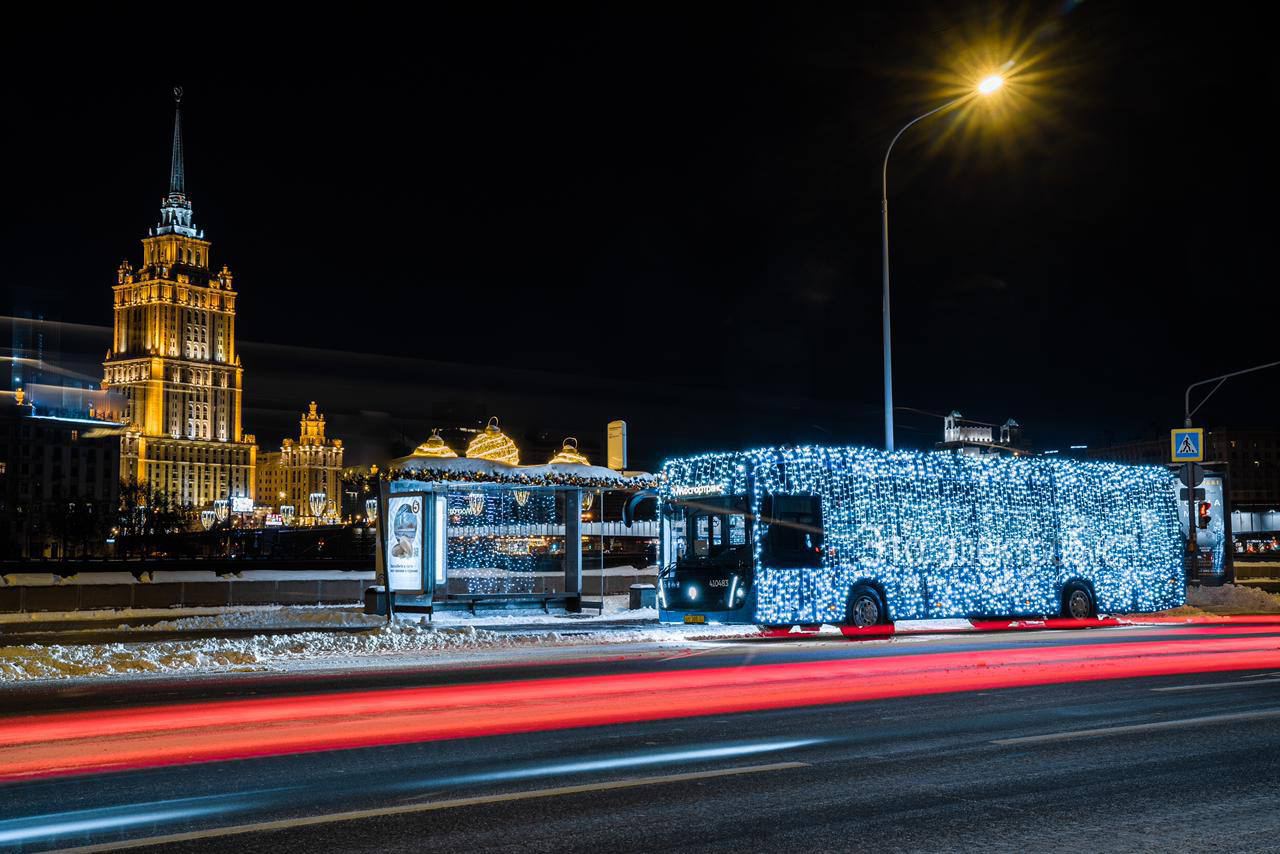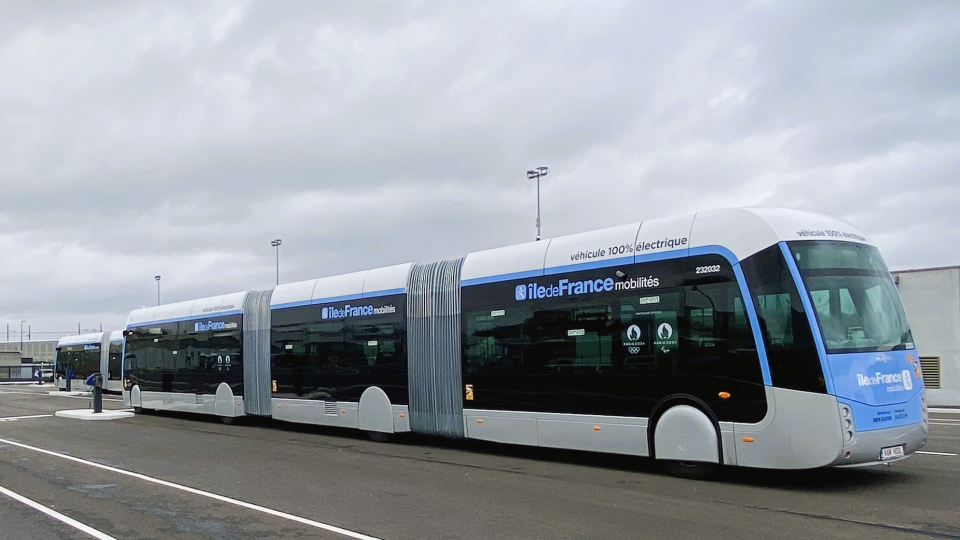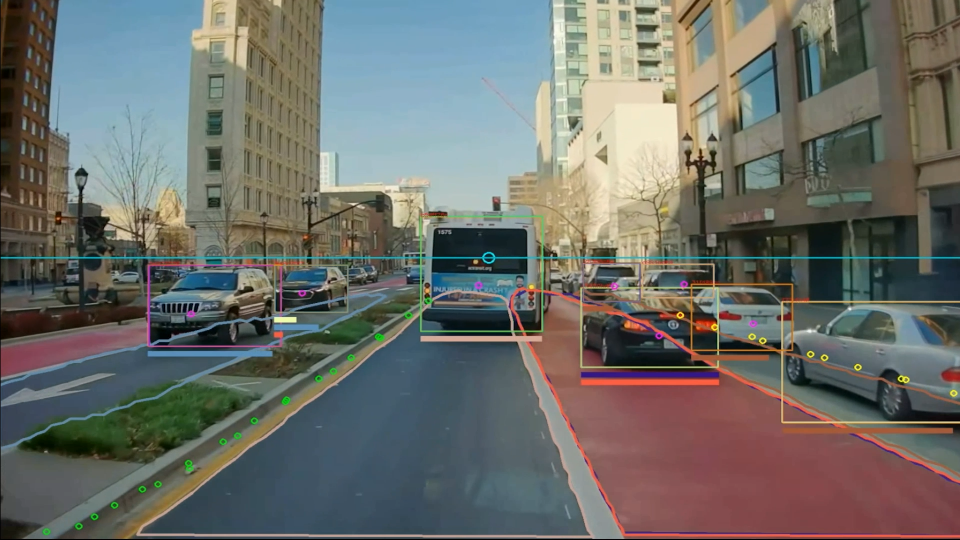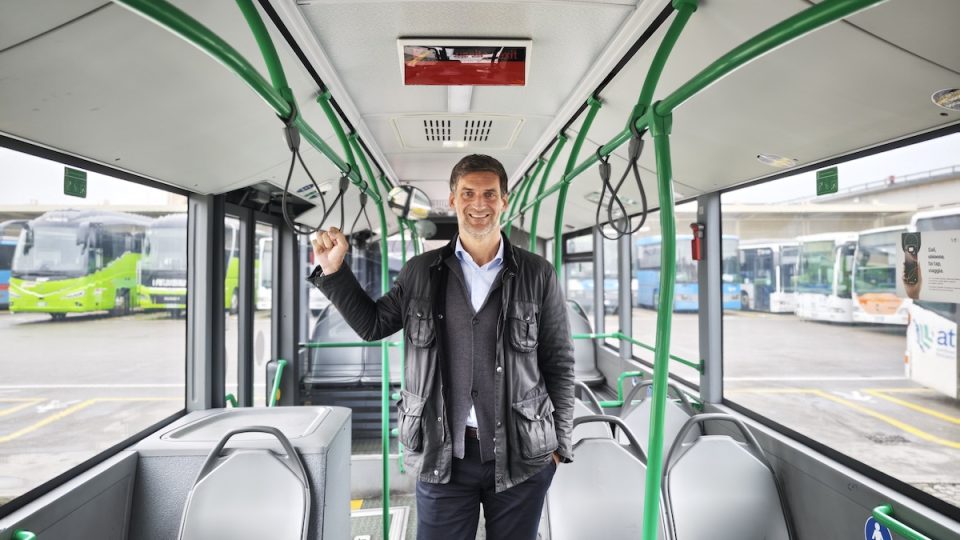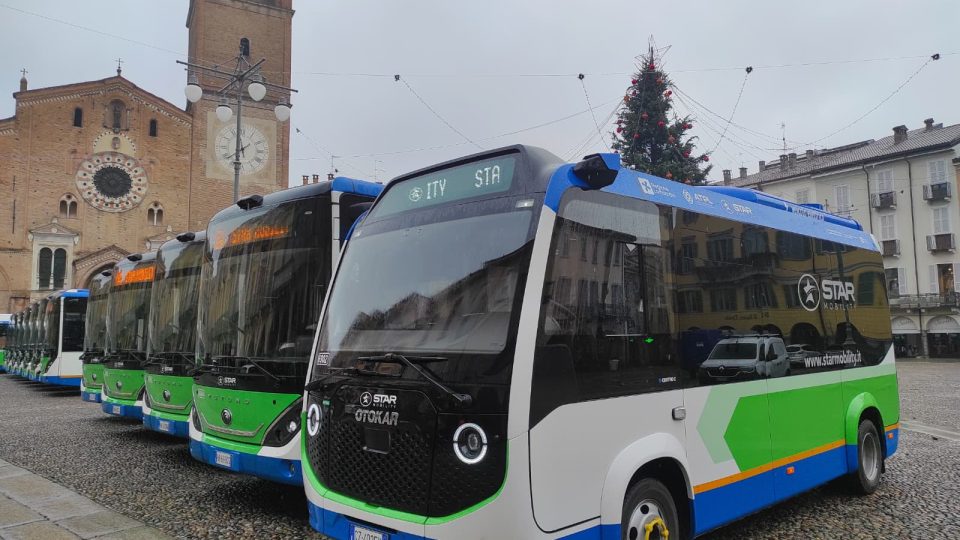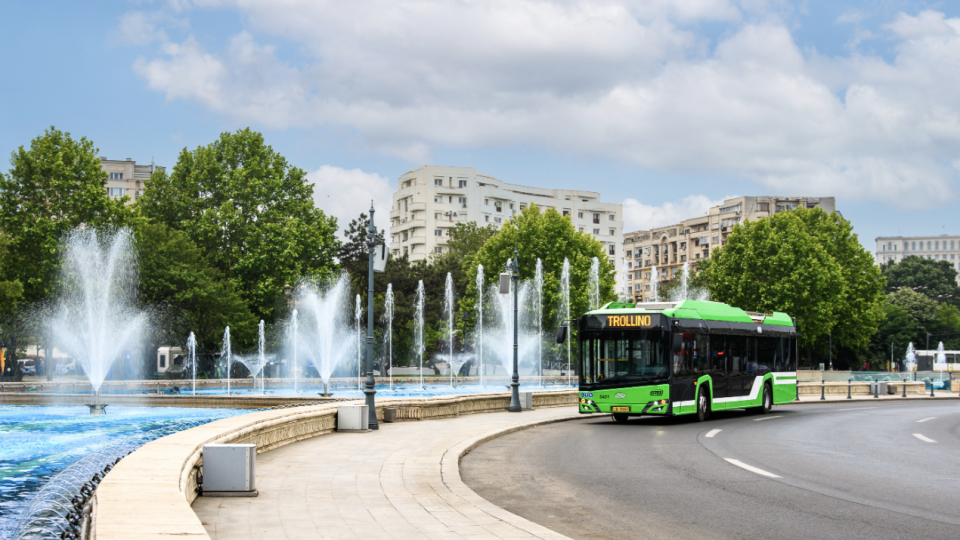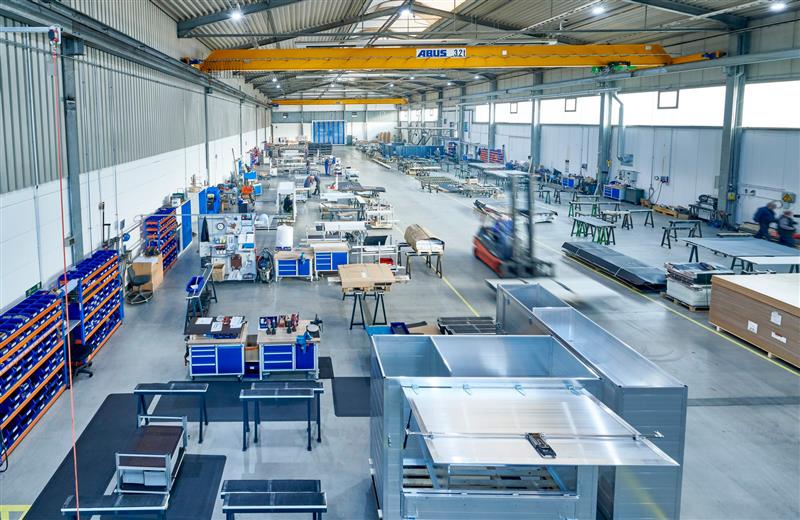Moscow: 600 e-buses in operation today, a cut of 400 tons of pullutants in 2020
According to Moscow Transport Department, the use of e-buses on Moscow routes reduced the volume of local emissions polluting the air by 400 tons in 2020. E-bus deployment in Moscow started in September 2018. Since then a modern public transport fleet has replaced traditional buses on 42 routes overall. Now there are 600 e-buses running in […]
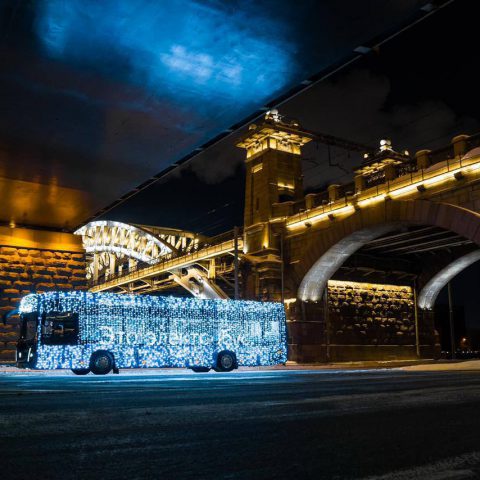
According to Moscow Transport Department, the use of e-buses on Moscow routes reduced the volume of local emissions polluting the air by 400 tons in 2020. E-bus deployment in Moscow started in September 2018. Since then a modern public transport fleet has replaced traditional buses on 42 routes overall. Now there are 600 e-buses running in Moscow.
In the next 4 years the city authorities are going to purhase 2,675 more units of e-buses, the Moscow Transport Department points out. It is expected that by 2032 all the urban transport will have been converted to the electric traction.
And in 2022 the city plans to move to another stage of transport electrification – the Moscow e-buses will be equipped with an electric heater.
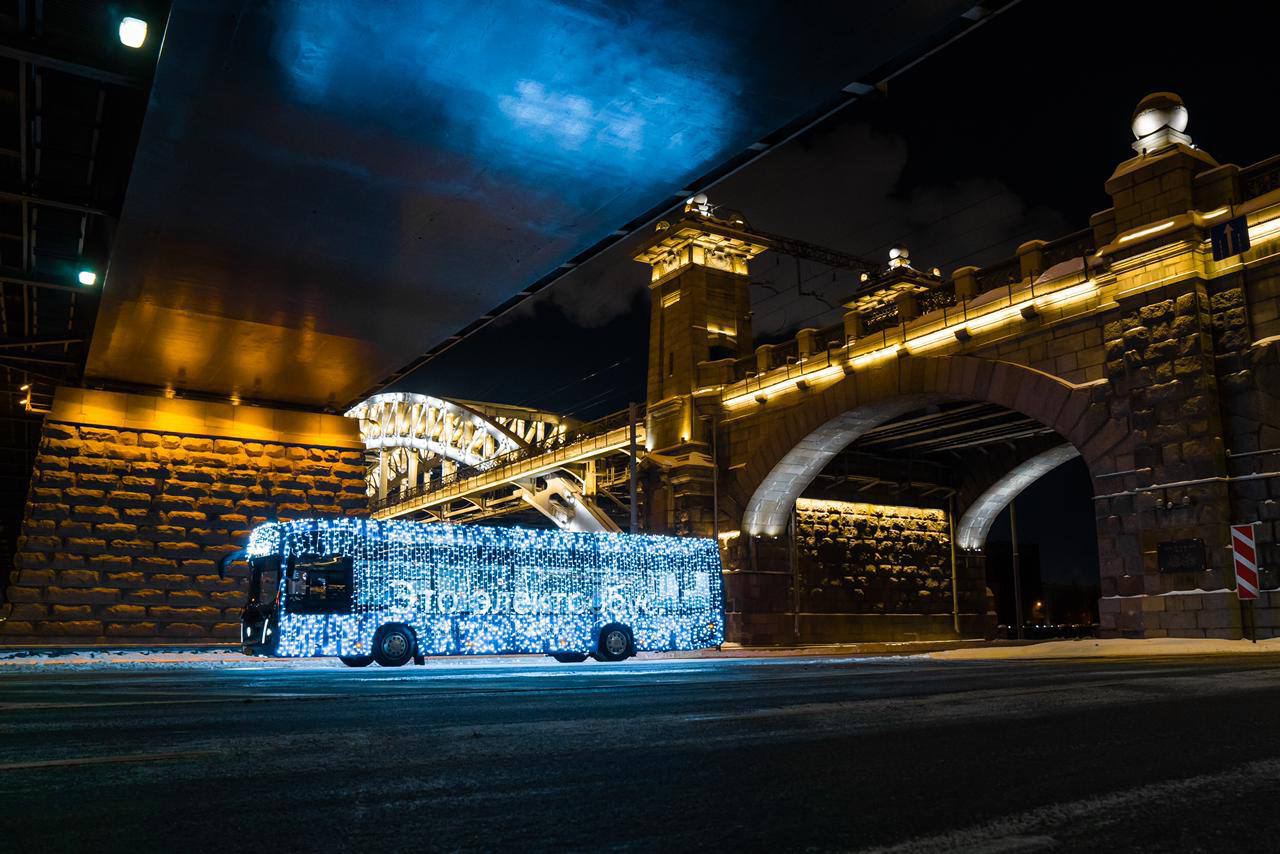
2,675 electric buses in the next 4 years in Moscow
Last year the development of the e-bus network allowed to cut the emissions of pollutants in the city air by approximately 400 tons, the city government points out. «Now the replacement of a diesel bus with an e-bus leads to an average reduction of the CO2 emissions in the environment of 60,7 tons a year. The increase in a number of e-buses in 2022 will already allow to decrease the emissions by 85,7 thousand tons. Besides, the conversion of buses to the electric traction will help to increase the share of e-transport rides up to 70%».
More e-buses in Moscow than in other European capitals
“Starting this year we are going to buy the e-buses only – we seek to make our city as clean and harmless for its citizens as we can. Obviously not only the rest of Russia but also the European countries try to attain to our level, since even now there are more e-buses in Moscow than in other European capitals. I am sure that we should be governed by the responsible attitude towards nature and our citizen’s health when making decisions on the city development” says Maksim Liksutov, the Deputy Mayor of Moscow for Transport.
“The transport running on electricity is safer for the city ecology than cars using an internal combustion engine. The e-transport does not use fuel while running and does not emit the polluting substances and harmful emissions during operation. For a large city with the dense traffic and the population more than 12,6 mln people even a partial transition to the e-transport can result into positive changes concerning the quality of the common air”, adds Denis Endachev, CEO for information and intelligent systems in FSUE NAMI, PhD in Technical Sciences
